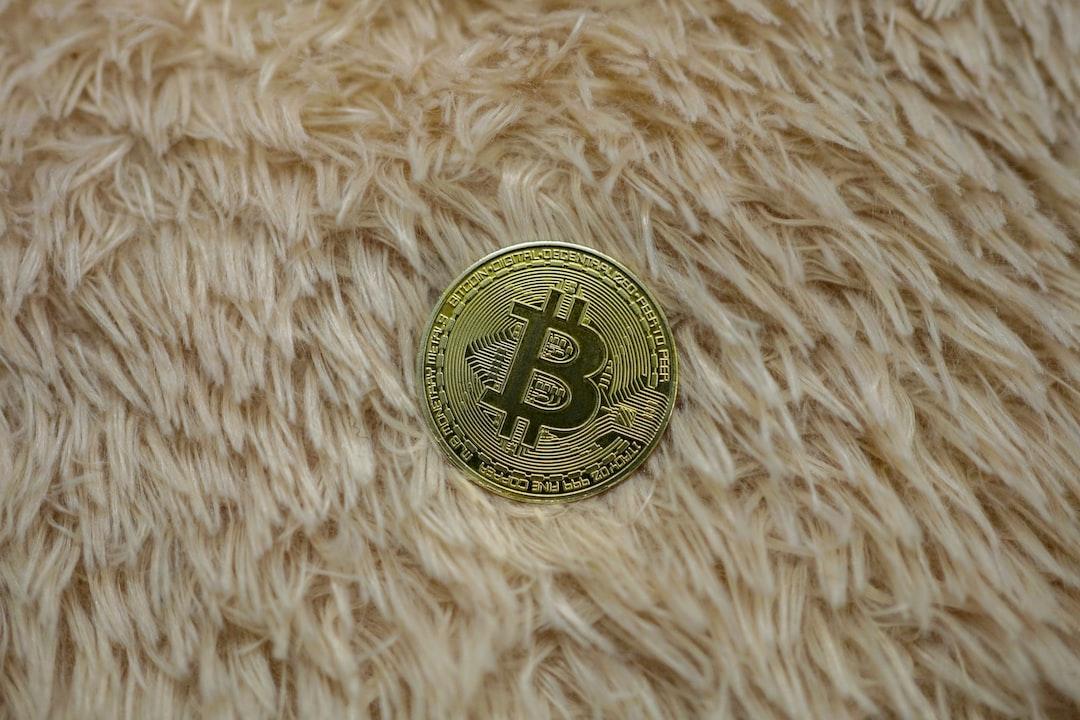Bolivia, a country in South America, is accelerating the adoption of stablecoins. Bisa Bank, the fourth largest bank in Bolivia, recently announced the launch of stablecoin services, becoming the first bank in the country to offer USDT trading services. This allows customers to use its services to buy, sell, and hold USDT, as well as make remittances and cross-border payments.
According to Bitcoin.com, Bisa Bank has introduced stablecoin custody services, allowing customers to use its services to purchase, sell, and hold USDT. This move has received support from Yvette Espinoza, the Chairwoman of Bolivia’s Financial System Supervision Authority (ASFI). Bisa Bank charges a fee of $5 to $15 for customers who purchase 200 to 10,000 USDT daily, and the USDT transfer fee to international accounts is nearly $40. This is an attractive option for people who want to make stablecoin payments with the support of a bank.
Franco Urquidi, Vice President of Business at Bisa Bank, stated that these operations will be completed through Bisa Bank accounts, ensuring their security. The introduction of USDT services by Bisa Bank is a great help to Bolivia, which lacks channels for the entry of US dollars. For a long time, the exchange rate between Bolivia and the US dollar has been fixed, leading to speculative attacks related to the scarcity of US dollars. Last year, the country’s central bank even directly sold US dollars to citizens to calm the local market.
Cointelegraph pointed out that Bolivia strongly embraces cryptocurrencies. In 2014, Bolivia announced a ban on cryptocurrencies, prohibiting any currency not issued or regulated by the Bolivian government. At that time, the Bolivian government stated that using Bitcoin was illegal, and the central bank of the country pointed out that this was done to protect the national currency and citizens from uncontrolled currencies.
However, Bolivia began to change its stance on cryptocurrencies in 2024. The country’s central bank lifted the ban on cryptocurrency payments and allowed financial entities to use digital assets for transactions in order to modernize the payment system.
According to a report released by the Bolivian central bank on September 27, since the ban on cryptocurrency payments was lifted, the volume of virtual asset transactions in the country has increased by 100%. From July to September, the average monthly cryptocurrency trading volume in the country reached $15.6 million.
Although the authorities in Bolivia have softened their stance on cryptocurrencies, the country has not yet implemented a formal tax framework for cryptocurrency transactions.


